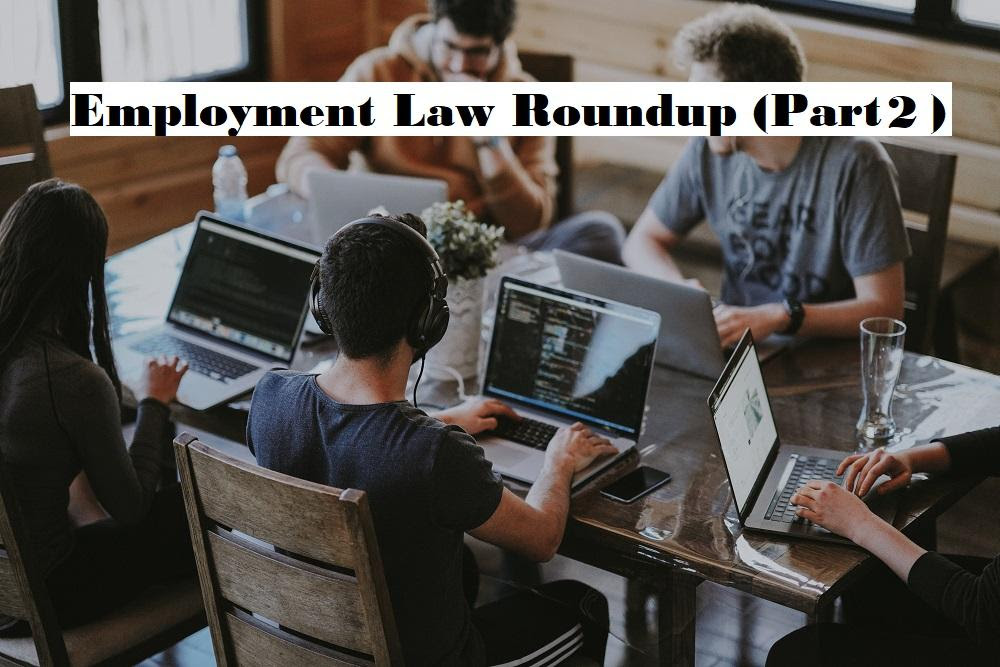Oregon State Law Update
Paid Leave Insurance
Oregon’s new Paid Family and Medical Leave Insurance program allows workers in Oregon to take paid time off for family, medical, and “safe” leave. Safe leave is leave related to domestic violence, harassment, stalking, or sexual assault.
Payroll contributions begin in January 2023, and workers will be able to apply for benefits in September 2023.
These payroll-based contributions will be shared by employers and employees, with employees contributing 60% and employers contributing the remaining 40%. The employees’ portion will be withheld from their pay, similar to income-tax withholding.
The program allows up to 12 weeks of paid leave per benefit year (up to 14 weeks for pregnancy-related medical leave). The jobs of qualifying employees remain protected while employees use paid leave.
Employers may elect to provide their own paid leave plans that provide equal or greater benefits to employees, but these programs will need to be approved. Employers can begin submitting applications in September 2022.
Several other states, including Washington and California, have paid leave insurance plans.
Use of Emergency Paid Leave
The temporary rule allowing employees to use paid sick leave during public health emergencies has been made permanent.
In addition to the previously permitted uses of paid sick leave, employees may use paid sick leave for absences related to emergency evacuation orders of levels 2 and 3 or when the air quality or heat index is at a level where continued exposure would jeopardize the employee’s health.
Washington State Law Update
Description of Salary Ranges and Benefits
As of January 1, 2023, Washington employers with 15 or more employees will have to include salary ranges, as well as a description of “all of the benefits and other compensation to be offered” in all job postings that relate to a “specific available position.”
For employees offered promotions or other new positions, though, this information need be provided only upon the employee’s request.
Job postings are defined to include any written or electronic “solicitation intended to recruit job applicants for a specific available position, including recruitment done through third parties.
An employer who fails to comply with the law may have to pay actual damages, statutory damages of up to $5,000, civil penalties of up to $1,000 per violation, and reimburse the plaintiff’s attorneys’ fees.
Colorado and New York City already have similar requirements.
Wage Recovery Act
Earlier this year, the Wage Recovery Act took effect. This law allows employees to place a lien on their employers’ property to secure unpaid wages, as well as statutory penalties, attorneys’ fees, and other sums that might later be awarded to the employee.
If a violation is alleged to be willful, the property on which a wage lien is filed can include the real property and personal property of any officer, vice principal, or agent of the employer. The lien can even apply to the property of those individuals’ spouses, domestic partners, and heirs.
Of course, the law includes a procedure for employers to contest a lien, and the property is foreclosed upon only once the employee has prevailed in an action in court or an appropriate state agency.
The form for filing a wage lien is available online.
*************
For more information about employment law, see Employment Law (in Plain English)®, co-authored by members of this law firm. The book is available through Skyhorse Publishing, Amazon, Barnes & Noble, Powell’s Books, and Bookshop (an online bookstore that allows you to support your favorite independently owned bookstore).
Photo by Annie Spratt on Unsplash






